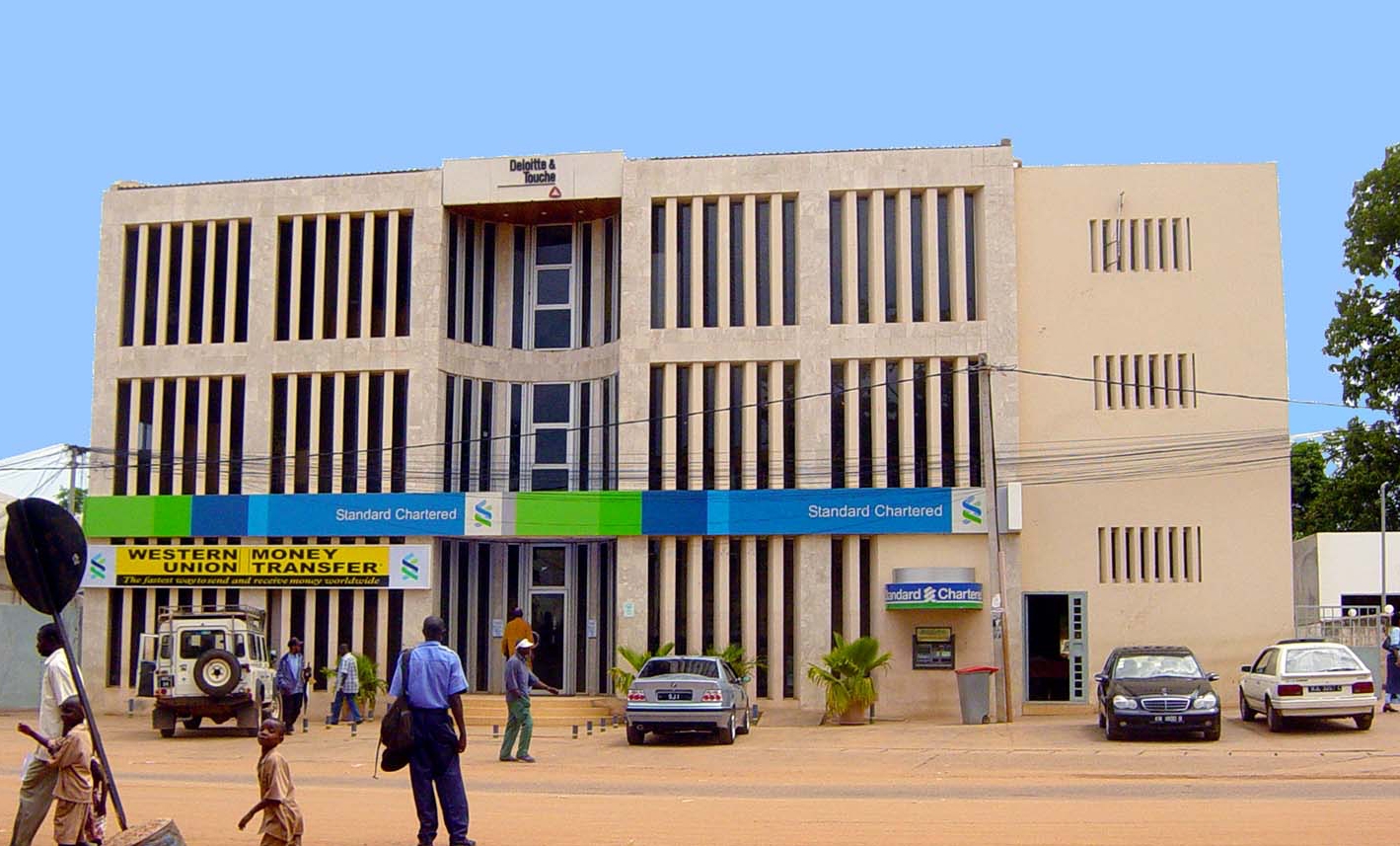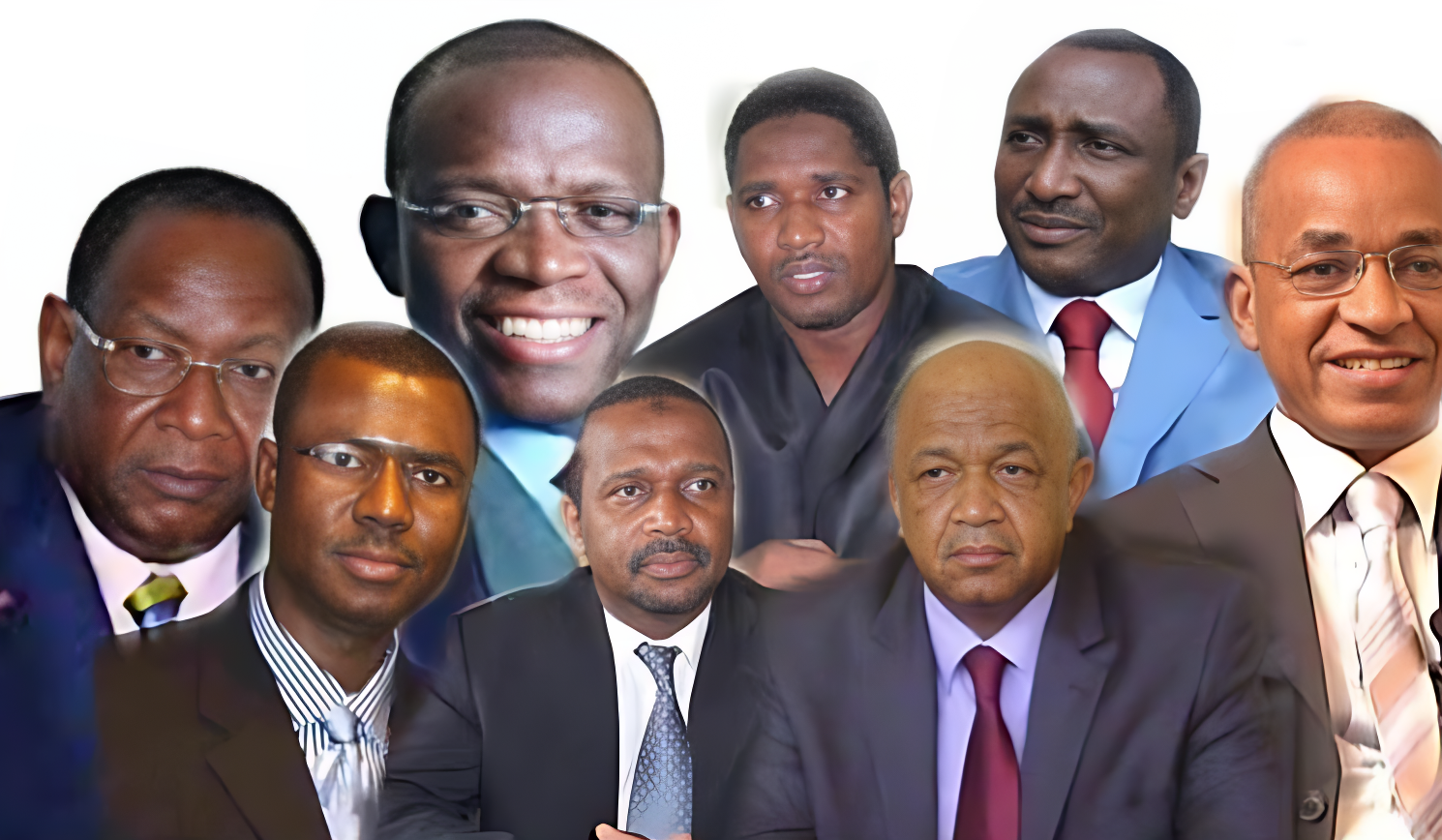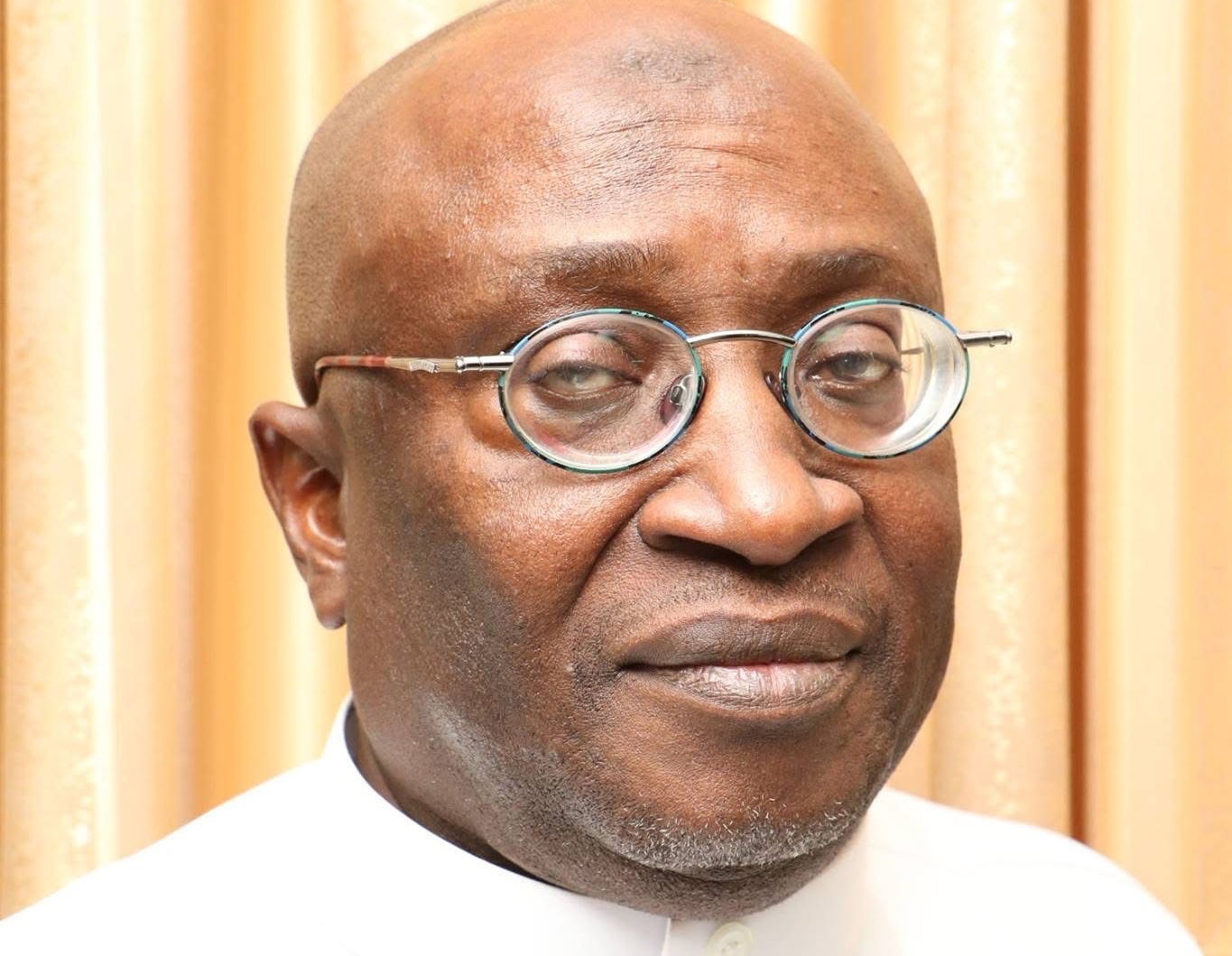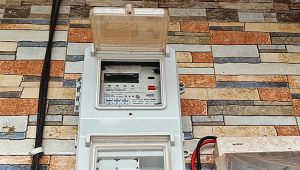Gambiaj.com – (BANJUL, The Gambia) – In a rare moment of candor before the National Assembly’s Special Select Committee investigating the sale of former President Yahya Jammeh’s assets, former Secretary to Cabinet Habib Drammeh has admitted that the Cabinet acted outside the bounds of the law and the Constitution when it halted the sale of tractors previously ordered by the Janneh Commission.
Testifying via livestream, Drammeh told lawmakers that the decision to stop the sale was driven by a sense of urgency rather than legal propriety.
“At that material time, we did not think in terms of the Constitution,” he confessed. “The overriding factor for us was the urgency of the project and the importance of acting quickly to stop the sale.”
The tractors in question were part of assets confiscated from the former president to recover funds siphoned from the state during Jammeh’s 22-year rule.
The Janneh Commission, established in 2017, had been mandated to investigate Jammeh’s financial dealings and oversee the recovery of illicitly acquired assets.
During the hearing, Committee Counsel Lamin Dibba challenged Drammeh on whether the Cabinet’s decision amounted to unconstitutional interference in the work of an independent commission.
“Even if the Cabinet classified the issue as urgent and important,” Dibba asserted, “it cannot override the Constitution.”
Drammeh conceded that the then Attorney General had later informed the Cabinet that its action was “out of line,” prompting the government to withdraw and amend its initial directive. Despite this, he maintained that the decision was made in good faith and with the public interest in mind.
“When the message came to me from the government, I didn’t consider anything else,” he explained.
“We understood it was about money from the sale of assets belonging to the former president, so we acted to stop it, thinking it was for the people who depended on or would benefit from those resources.”
While Drammeh denied any ulterior motives behind the Cabinet’s action, his admission underscored a troubling disregard for constitutional limits at the highest levels of government. Dibba described the decision as “an infraction of the Constitution,” to which Drammeh cautiously replied that it “could be,” depending on interpretation.
The revelations have added new weight to ongoing public scrutiny over how Jammeh’s seized assets were managed and have reignited debate about executive overreach and accountability in The Gambia’s governance system.
As the inquiry continues, Gambians are left reflecting on a recurring question: has the post-Jammeh government truly internalized the constitutional lessons from a past defined by impunity and unilateral decision-making?










